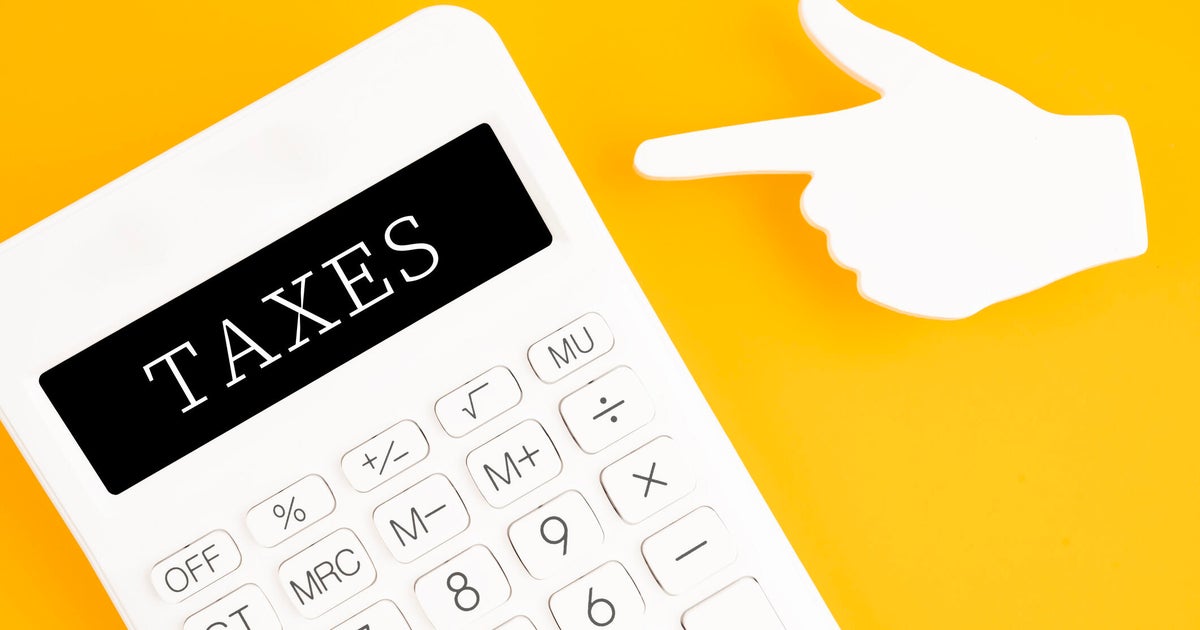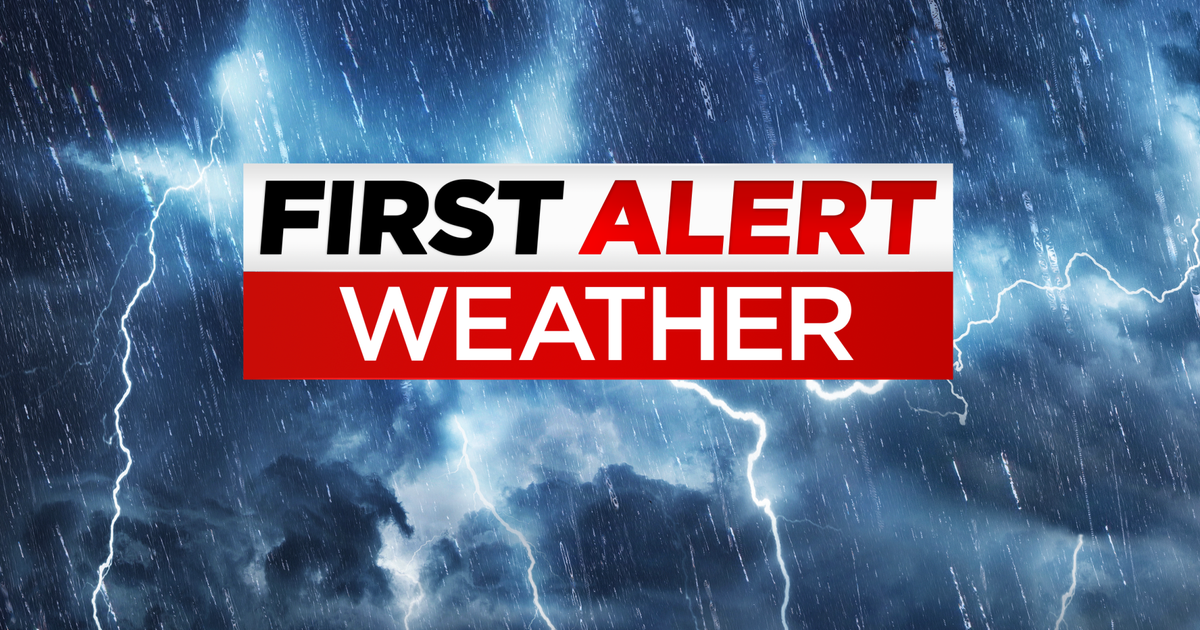How to file for a tax extension
Americans have an April 18 deadline to file their 2022 tax returns with the IRS. But if you aren't ready, there is a pressure valve that can provide some relief: Asking for more time to file.
As of April 7, about 101 million taxpayers have filed their returns, according to the most recent data available from the IRS. But the agency expects about 168 million returns to be filed this year, which means about 78 million taxpayers are waiting until the last few weeks of the tax season to send their returns to the tax agency.
There is good news for procrastinators: For those who need more time, asking the IRS for an extension is quick and simple. And it will give you until October 16, 2023, to send your tax return to the tax agency.
"Tax Day this year is April 18th and if you aren't ready to file all of your paperwork yet, you can go ahead and file an extension before that April 18th deadline and buy yourself some more time," Stefanie O'Connell Rodriguez, host of Real Simple magazine's "Money Confidential" podcast, told CBS News.
No extension for payments
However, having more time to file your tax return doesn't mean you get a break on making any overdue payments. As the IRS noted on Monday, "While an extension allows for extra time to gather, prepare and file paperwork, it's important to remember that an extension of time to file taxes is not an extension of time to pay."
The upshot: If you owe the IRS, you still have to pay by April 18.
What is the 2023 filing deadline?
Typically, tax day falls on April 15, but this year taxpayers have a few extra days, with the deadline falling on April 18.
That's because April 15 falls on Saturday, while the following weekday — April 17 — is Emancipation Day, a holiday that is observed in Washington, D.C. The IRS notes that Washington D.C.'s holidays impact tax deadlines for all taxpayers, just like federal holidays.
Taxpayers who get an extension have until October 16 to file their taxes. Typically, the extension gives people until October 15 to file, but this year that date falls on a Sunday, which means the extension deadline has been pushed until the following weekday, October 16.
How do I get a tax extension?
To get an automatic extension, fill out Form 4868. This one-page document asks for basic information such as your name, address and Social Security number. It also asks you to estimate how much you owe in taxes.
"You can also use IRS Free File to file for an extension electronically," noted O'Connell Rodriguez.
Typically, the IRS Free File program is only available to people who earn less than $73,000 annually, but the IRS says that anyone, regardless of income, can use the program to file for an extension.
You'll have to request an extension by April 18 or you could be hit with a "failure to file" penalty. The good news is that the IRS provides an automatic extension to everyone who asks, but you'll still need to file some paperwork with the IRS.
Do people living in FEMA disaster areas get more time to file?
Yes, the IRS says it may provide an "automatic extension" to people who live in areas designed by FEMA as hit by disasters, such as flooding or tornadoes.
If you live in one of these areas, you don't have to file extension paperwork or call the IRS to ask for extended time to file, the agency says.
To check if your area is included, look at the IRS' Tax Relief in Disaster Situations.
Wait, I still need to pay the IRS?
Yes, even if you get an extension, you still need to pay the IRS if you underpaid your federal taxes last year.
The IRS expects people to make an effort to pay what they owe, tax experts say. To be sure, it may be difficult to precisely determine what you owe, but it's best to make a good-faith estimate.
If you can't pay what you owe by April 18, you can also set up a payment plan with the IRS, O'Connell Rodriguez said.
"It's better to be proactive than reactive," she noted.
What if I'm due a tax refund?
The bad news is you'll have to wait until after the IRS processes your tax return to receive your tax refund. That means if you wait until October 16 to file, you won't get that tax refund until later that month — with the IRS estimating that most taxpayers get their refund within 21 days.
What are the penalties for failing to file?
The failure-to-file penalty is stiff, which is why it's best to ask for an extension if you aren't going to be ready to file by April 18.
The penalty rate is 5% of unpaid taxes for each month that a filing is late, with the penalty capped at 25% of unpaid taxes. Take a taxpayer who owes $10,000 and neglects to file for an extension — if they file two months late, they would owe $500 each month for a total of $1,000 in penalties.
The largest fine they could incur would be $2,500, on top of the $10,000 they owe.
What are the penalties if I don't pay enough?
The IRS charges 0.5% of the unpaid taxes for each month, with a cap of 25% of the unpaid taxes.
For instance, someone who gets an extension and pays an estimated tax of $10,000 by April 18 could owe a small penalty if they owe more. A bill of $11,000 would add a 0.5% charge on the unpaid $1,000 they still owe the IRS. If they file in June, two months after the tax deadline, they would owe an extra $10.
That's much less punitive than the failure-to-file penalty, which is why tax experts urge people to file for an extension and make a good-faith estimate.







